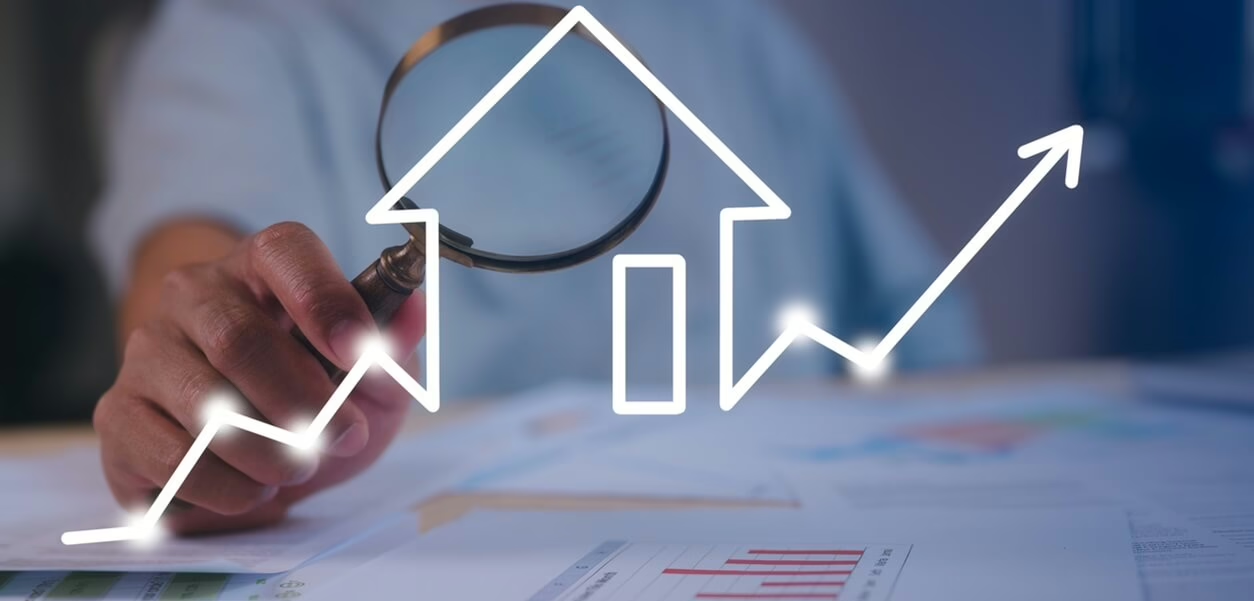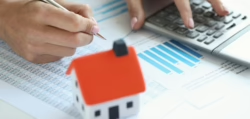
How does Centrelink assess your investment property earnings?
Owning an investment property can be a great way to boost your retirement income. And about one in five Australian households owns a property beyond their main home (ABS, 2019–20). So this is something many retirees are juggling when it comes to thinking about retirement.
Here’s the tricky part: Centrelink doesn’t treat rental income the same way the Australian Tax Office (ATO) does. Many people assume the deductions they claim on their tax return – depreciation, borrowing costs, or renovations – will reduce their Age Pension income assessment. That’s not the case, and it can lead to surprises.
Let’s go through the essentials so you can see clearly what counts, what deductions are allowed, and how to avoid negative impacts on your Age Pension.
What counts as rental income?
Centrelink classifies rental income as rent from investment properties or land. Income from boarders or lodgers is assessed separately.
What deductions are allowed?
Centrelink is more selective than the ATO. You can deduct:
- Agent’s fees
- Repairs and maintenance
- Land and water rates
- Loan interest (where the loan was obtained to purchase the rental property)
But you cannot deduct:
- Capital depreciation
- Special building write-offs
- Construction costs
- Loan establishment fees
Tip: If your property runs at a loss, Centrelink treats the income as zero. You also cannot offset losses from one property against income from another.
Property value and deeming
When it comes to your property’s value, personal investment properties are included in Centrelink’s assets test, but they’re treated differently from financial assets under the income test – deeming doesn’t apply. Instead, Centrelink looks at the actual rental income you receive, minus the allowable deductions.
There is an exception: If your investment property is held in a Self-Managed Super Fund (SMSF), it’s treated as a financial asset, so in that case, deeming does apply.
Capital gains and GST
When it comes to capital gains, any profit from selling a property doesn’t count as income for Age Pension purposes, and unfortunately, capital losses can’t be offset against other income.
On the GST side, if your property management fees include GST, these costs are deductible, because residential rental properties generally can’t charge GST or claim input tax credits.
Expert Insight: What we often see
We asked Steven Sadler, Retirement Essentials’ Head of Customer Service, to respond to the questions retirees most often have about rental income and the Age Pension.
Q: Why does Centrelink assess rental income differently from the ATO?
“This comes up all the time,” says Steven. “Many retirees are surprised that Centrelink doesn’t allow all the deductions they claim on their tax return. Expenses like depreciation, construction costs, or loan establishment fees aren’t counted, whereas mortgage interest, rates, and maintenance costs are. It’s important to understand this difference because it can mean a higher assessable income than you might expect.”
Q: How does the property value affect my Age Pension?
“People often ask whether the value of their rental property is subject to deeming, like financial assets,” explains Steven. “For properties you own personally, the value is included in the assets test, but deeming doesn’t apply – Centrelink looks at the actual rental income minus allowable deductions. However, if the property is held in an SMSF, it’s treated as a financial asset, so then deeming will apply.”
Quick tips from Steven Sadler
- Keep clear records of all expenses, even if they aren’t deductible for Centrelink — that way, you’ll be prepared if questions come up.
- Check your SMSF properties carefully — they are assessed differently than personal investment properties.
Bottom line
Centrelink’s rules around rental income can be confusing, but knowing what counts, which deductions are allowed, and the key differences from the tax system is essential for maximising your Age Pension. Armed with this knowledge, you can plan more effectively and avoid unexpected reductions in your payments.
Next steps
Want to make sure you’re on top of your situation?
- You can use the free Age Pension Entitlements Calculator to get a quick, confidential snapshot of what you may be entitled to.
- Or it may help to book a Retirement Advice Consultation with an experienced adviser– whether you need help understanding how rental income is assessed, or checking your eligibility, we’re here to guide you.
Are there any other aspects of Centrelink assessment for investment properties that remain unclear?
What’s been your experience with managing rental properties and your Age Pension?






I think its also worth pointing out that from an assets value viewpoint, Centrelink deducts the value of any outstanding mortgage, but only if it is secured by the investment property, not your own home. This can be a trap, as many investors use their home as full or part security for an investment loan.
I assume based on Jim’s comment above that if you have an offset account (say the balance is the same as the loan on the investment property) and even if the loan is not secured by the investment property but by the home, the value of the offset account is nonetheless offset by the investment loan leaving a net zero outcome (e.g. $250,000 loan against a $250,000 cash in an offset account leaving a zero balance).
Hi Glenn, that is incorrect I’m afraid. Centrelink do not allow liabilities to offset any other asset other then the one they are secured against. In this scenario where the loan is secured against the primary residence, that property is exempt from assessment already and you cannot use the loan against it to offset the value of another asset such as a bank account or superannuation.
To further clarify my comment above, Centrelink’s treatment of an investment loan is the complete opposite of the ATO. For the Tax office, it’s the purpose of the investment loan that determines its deductibility for tax purposes, not what the security is. For Centrelink, by contrast, the security for the investment loan determines its deductibility for asset calculation purposes, not its purpose!